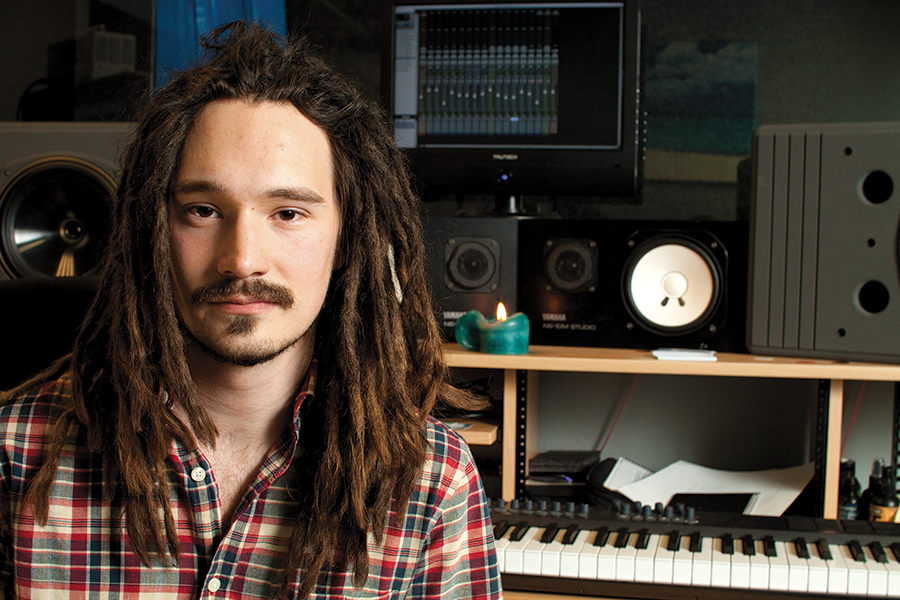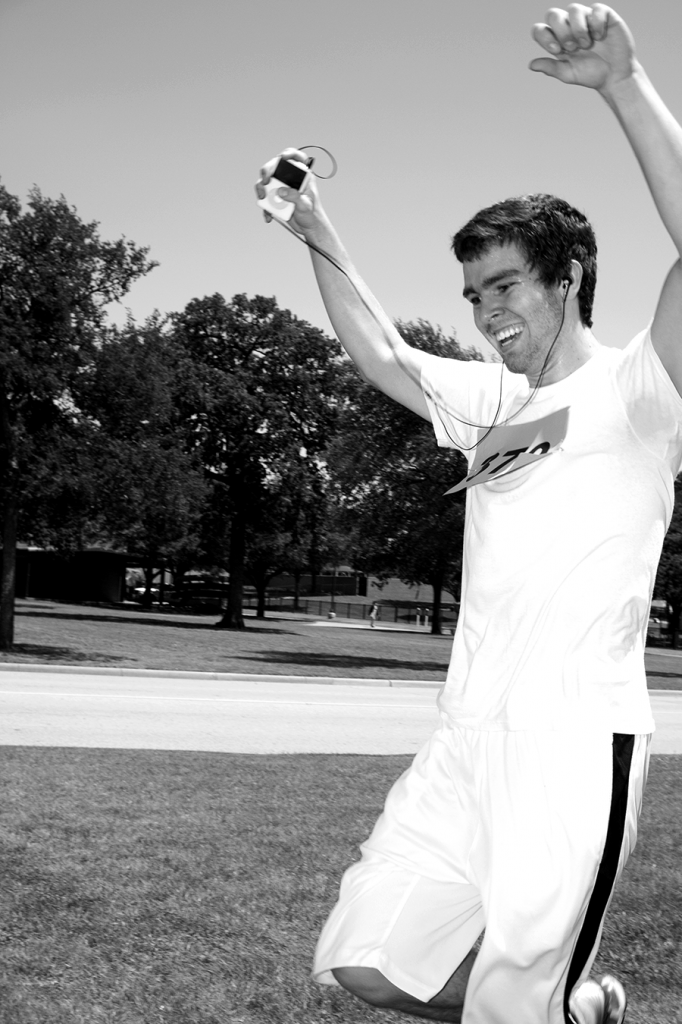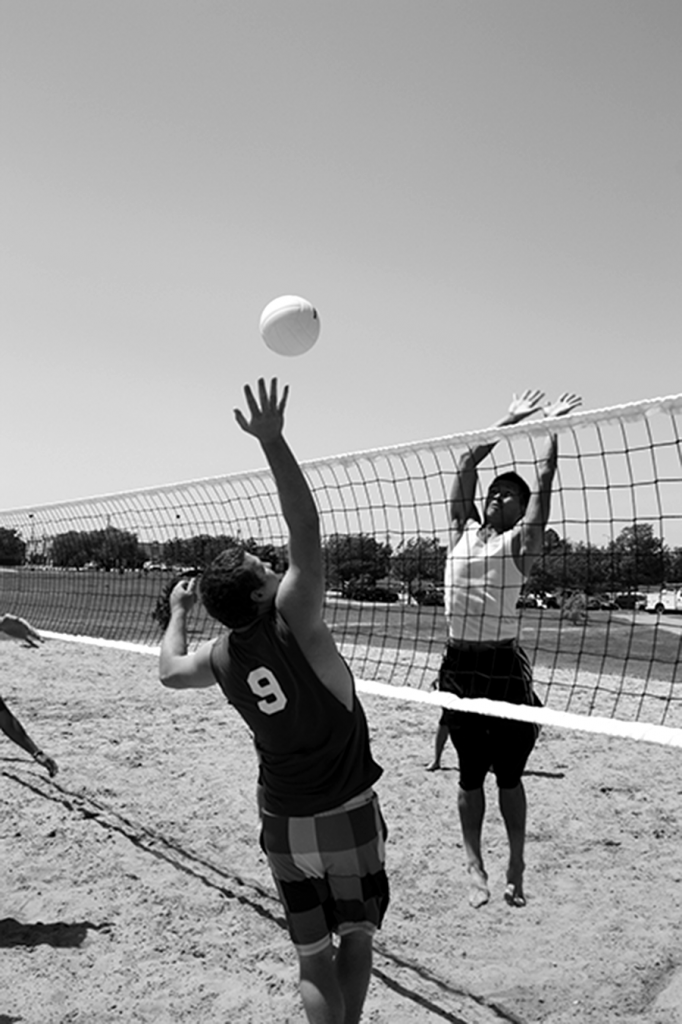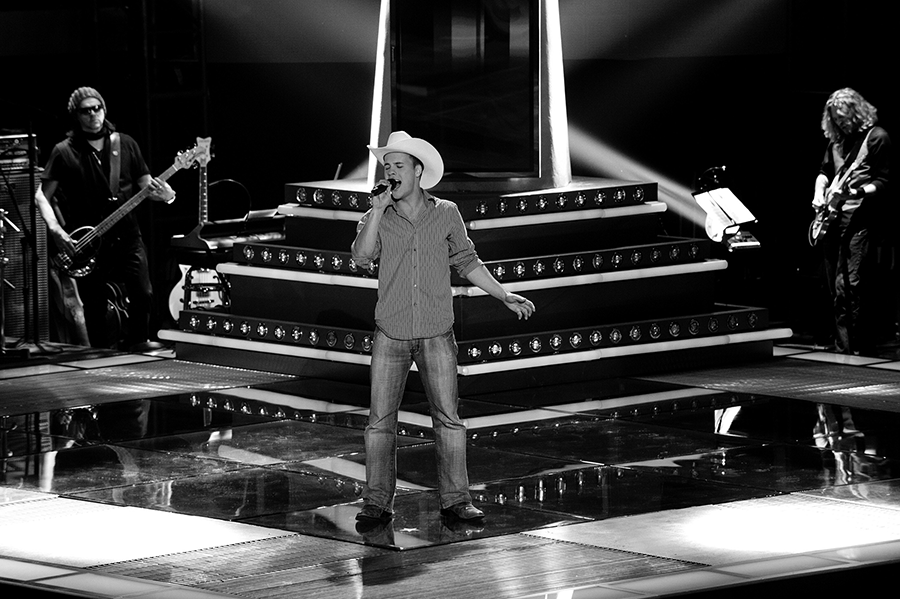By Soleman Hakeem/reporter
Mother Nature is a sneaky girl, and her sole purpose is to get humans to procreate, a NW psychology professor said April 28.
Jay Green presented Love vs. Lust during the NW Love Conference.
“Lust is a feeling of intense physical, sexual arousal and chemical reaction,” he said.
Another form of chemical reaction in the brain is infatuation. Green said a feeling of euphoria, sweaty palms and butterflies in the stomach are all part of biological influences.
Bodies produce testosterone, which is tied to sexual drive, he said, as well as dopamine tied to arousal and oxytocin hormones tied to relaxation and bonding.
“Your brain is under an intense chemical bombardment — a drug called love,” he said.
Different types of love exist, Green said, but the English language has only one word for every type of love.
“Unconditional love isn’t healthy at all,” he said. “All healthy relationships have conditions on them. To love one unconditionally would be to have no self-esteem. The one exception would be parenthood.”
After asking audience members if they ever thought about looking for a soul mate, Green said many potential partners are available for every individual with whom they can have a wonderful relationship.
“Attraction is a psychological gravity,” he said.
To the female members of the audience, Green asked, “What are some of the attractive qualities you look for in men?” He asked if they looked for humor, intelligence, similarities or physical attractiveness or how much money he makes.
Men mostly look for physical qualities for sexual desire while women look for a deeper connection, Green said. People should embrace intimacy. He advised that if people get hurt, they should pick themselves up and keep going.
“Intimacy is psychological oxygen,” he said.
Every healthy relationship requires these elements: love, trust, respect and autonomy, Green said.
Conflict arises in every relationship. It’s inevitable, but how to deal with it is important, he said. Green said people should identify the main reason behind the conflict and then proceed to resolving the issue with their partner, he said.
He also advised confronting to improve — not attacking, not name-calling, not bringing up the past — and accepting that the couple won’t always agree.
“The worst relationship mistake is settling,” he said.
Green said recognizing the warning signs of unhealthy relationships early can benefit the person from dealing with future hardship.




























